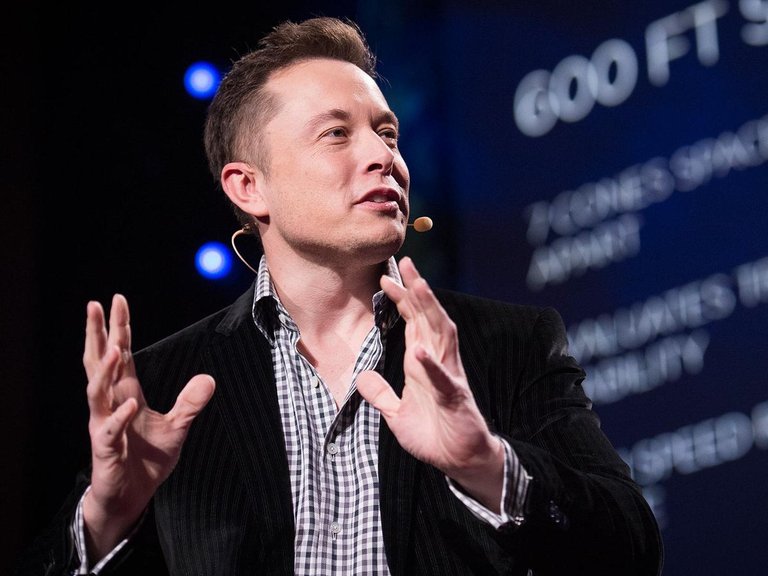Jim Cantrell speaks:
I helped Elon start the company and all of these answers are spot on. He still has my book on rocket propulsion.....
What I found from working with Elon is that he starts by defining a goal and he puts a lot of effort into understanding what that goal is and why it is a good and valid goal. His goal, as I see it, has not changed from the day he first called me in August of 2001. I still hear it in his speeches. His goal was to make mankind a multi planetary species and to do that he had to first solve the transportation problem.
Once he has a goal, his next step is to learn as much about the topic at hand as possible from as many sources as possible. He is by far the single smartest person that I have ever worked with ... period. I can't estimate his IQ but he is very very intelligent. And not the typical egg head kind of smart. He has a real applied mind. He literally sucks the knowledge and experience out of people that he is around. He borrowed all of my college texts on rocket propulsion when we first started working together in 2001. We also hired as many of my colleagues in the rocket and spacecraft business that were willing to consult with him. It was like a gigantic spaceapalooza. At that point we were not talking about building a rocket ourselves, only launching a privately funded mission to Mars. I found out later that he was talking to a bunch of other people about rocket designs and collaborating on some spreadsheet level systems designs for launchers. Once our dealings with the Russians fell apart, he decided to build his own rocket and this was the genesis of SpaceX.
So I am going to suggest that he is successful not because his visions are grand, not because he is extraordinarily smart and not because he works incredibly hard. All of those things are true. The one major important distinction that sets him apart is his inability to consider failure. It simply is not even in his thought process. He cannot conceive of failure and that is truly remarkable. It doesn't matter if its going up against the banking system (Paypal), going up against the entire aerospace industry (SpaceX) or going up against the US auto industry (Tesla). He can't imagine NOT succeeding and that is a very critical trait that leads him ultimately to success. He and I had very similar upbringings, very similar interests and very similar early histories. He was a bit of a loner and so was I. He decided to start a software company at age 13. I decided to design and build my own stereo amplifier system at age 13. Both of us succeeded at it. We both had engineers for fathers and were extremely driven kids. What separated us, I believe, was his lack of even being able to conceive failure. I know this because this is where we parted ways at SpaceX. We got to a point where I could not see it succeeding and walked away. He didn't and succeeded. I have 25 years experience building space hardware and he had none at the time. So much for experience.
I recently wrote an op-ed piece for Space News where I also suggest that his ruthlessly efficient way to deploy capital is another great reason for his success. He can almost smell the right way through a problem and he drives his staff and his organization hard to achieve it. The results speak for themselves. The article is here End of WWII Model Shakes Up Aerospace Industry.
In the end I think that we are seeing a very fundamental shift in the way our world takes on the big challenges facing humanity and Elon's Way as I call it will be considered the tip of the spear. My hat's off to the man.
About the author:
Jim Cantrell is an entrepreneur, strategist and race car pilot, and leads the team at Vector Space Systems as the company's current CEO. 
Regards!
Hi! I am a robot. I just upvoted you! I found similar content that readers might be interested in:
https://www.forbes.com/sites/quora/2014/07/16/how-did-elon-musk-learn-enough-about-rockets-to-run-spacex-cofounder-jim-cantrell-answers/